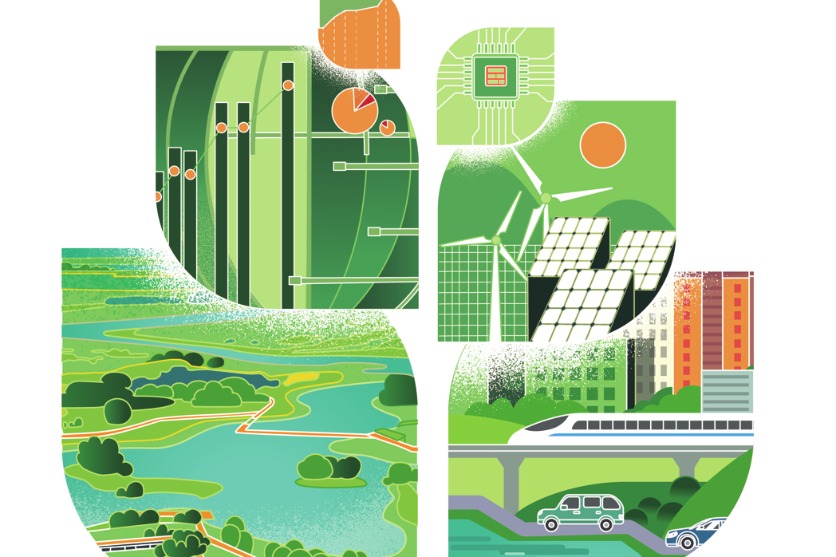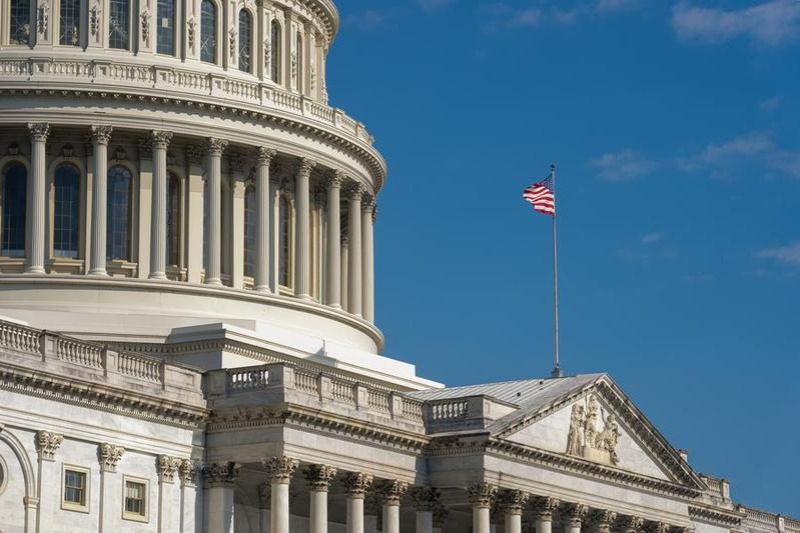More needs to be done for sound development of tourism sector


Editor's Note: Thanks to China's rapid economic development and rising individual incomes, tourism is becoming one of the most significant drivers of the economy, which is all the more important for tourist sites and travel agencies to better serve tourists, and for tourists to follow eco-friendly norms, writes a veteran journalist with China Daily in the fifth of a series of commentaries.
Tourism is becoming one of the most important industries in China. In 2019, income from tourism-related sectors was 10.94 trillion yuan ($1.69 trillion), making up 11.05 percent of China's GDP. In some regions such as Hainan province and the Tibet autonomous region, the percentage was much higher, prompting local authorities to make tourism one of their pillar industries.
Yet many industry insiders and experts believe the tourism sector has many problems to solve to ensure its healthy development.
China has about 2,000 designated tourism destinations. But compared with the number of trips, which exceeded 6 billion in 2019, the number 2,000 sites appear very small. As a result, most tourist sites are crowded during holidays, leading to complaints and even occasional stampedes. So there is a need to explore and open new tourism destinations for the public.
Many experts say China has nearly 10,000 natural scenic and culturally significant sites worth exploring, and many of them offer higher value than the ones that are open for the public. But huge investments are needed to develop these potential tourism sites.
A major problem is that many of these sites are in remote, less-developed areas and the local governments don't have the money to build necessary roads, cableways and other facilities to attract visitors. Worse, such sites are under the supervision and control of different central departments such as those responsible for the protection of cultural relics, forests, the environment, and land resources. These departments have a bigger say than the local governments on potential tourist sites.
The lack of investment and the complicated administrative structure are an impediment to opening more tourist sites to the public. Often it takes years for a local government to save enough money and complete the complicated procedures before getting the permission to explore a project and build the necessary infrastructure facilities.
Before the opening of such sites, the relevant authorities have to submit the necessary documents to the central departments and invite their experts and officials for on-the-spot inspections. After studying the documents and inspecting the sites, the higher authorities grade a site according to its value and the services it could provide-into five categories with the fifth being the highest. The higher a site is graded, the higher its entrance and other fees.
Of course, there is always the fear of the service quality of the site going downhill with the passage of time. Necessary employees are dismissed to save operational costs, toilets are closed for "repairs" and the prices of food and other items are raised. Although the higher-level supervisors degrade the sites on discovering such discrepancies, the hide-and-seek game has not stopped, for which the visitors pay the highest price.
Tourists often complain of very high entrance fees at some tourist sites. Usually, the entrance fee to a Grade 5 tourist site is 300 yuan including inter-area bus ride, but not including cable trains and entrance to certain temples or sites of importance. At some times, people have to spend about 1,000 yuan at a mountain tourist site. And 1,000 yuan makes up one-fifth of the average income in a city such as Beijing.
Also, to lure more people to join their tour groups, many travel agencies offer low prices while instructing their guides to take the tourists to markets and malls for shopping. And a certain percentage of the revenue from such sales goes into the pockets of the agencies and the guides as commission.
Quite a few cases have been reported of guides threatening to throw tourists off the bus because they refused to buy goods at the designated markets or shopping malls. Although the business license of travel agencies can be cancelled and guides could be fired for cheating tourists, the harassment of tourists has not stopped.
The travel agencies and tourist sites have their own set of complaints. Some tourists keep throwing plastic bags and food packages down mountain cliffs and other sites, forcing the managers to hire people to collect them. Some tourists have also been found to carve their names using sharp objects on the Great Wall and other tourist sites and relics including ancient grottoes.
Which means a lot still needs to be done for the healthy development of the tourism industry.
The author is former deputy editor-in-chief of China Daily.
The views don't necessarily reflect those of China Daily.
If you have a specific expertise, or would like to share your thought about our stories, then send us your writings at opinion@chinadaily.com.cn, and comment@chinadaily.com.cn.


































